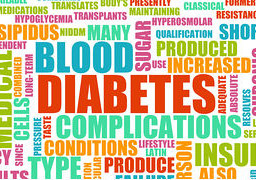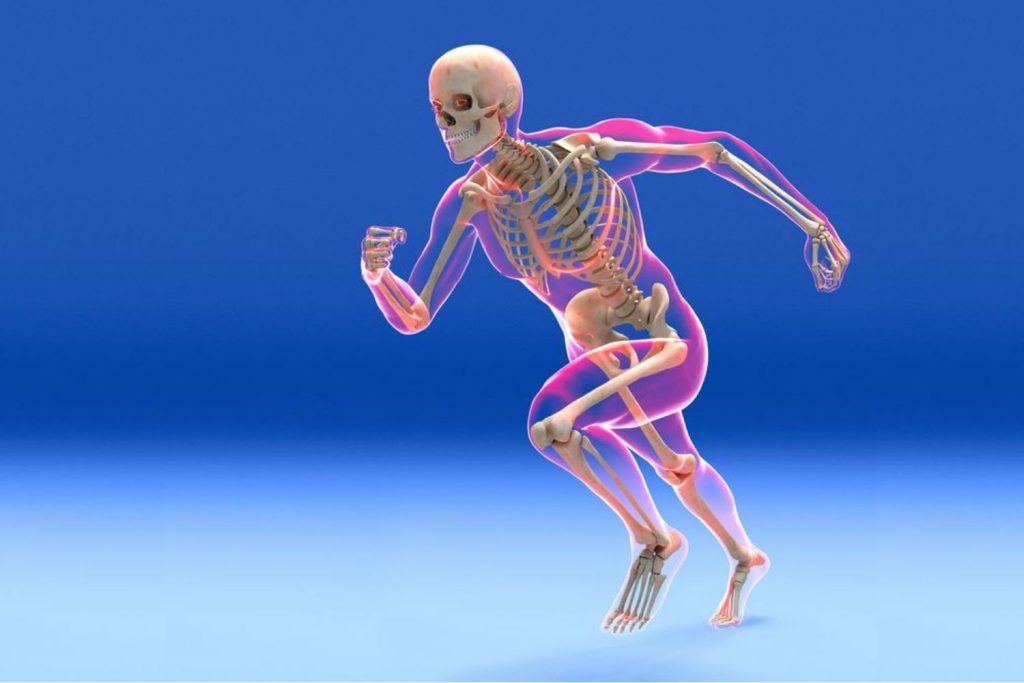Order Online or Call Store
Store Open Mon - Sat 9:00am - 6:00pm & Sun 11am - 5pm
Ph: 604-588-3828
Return to previous page




